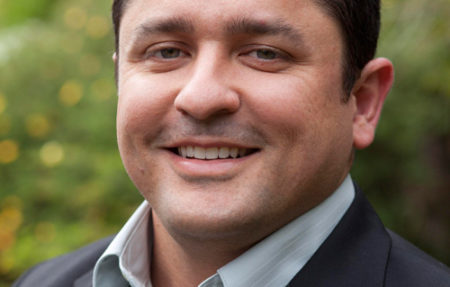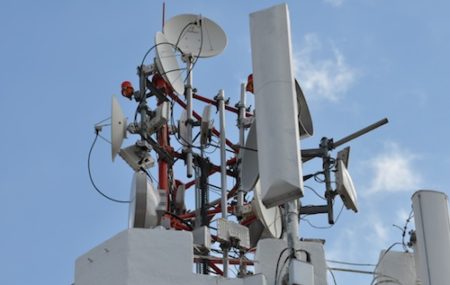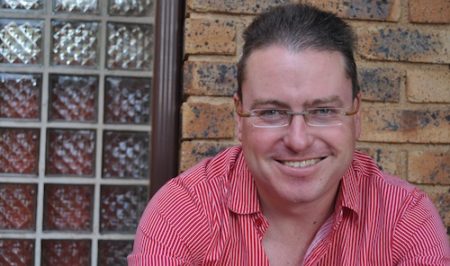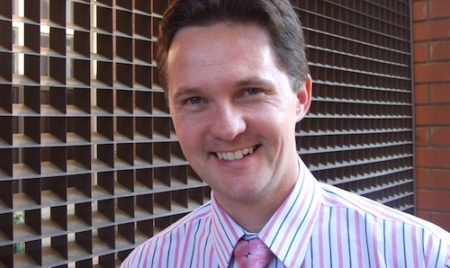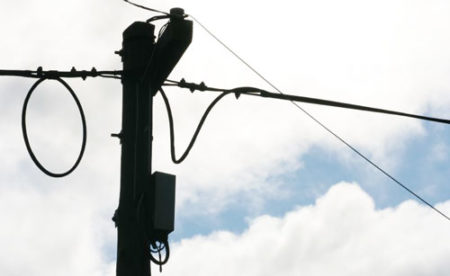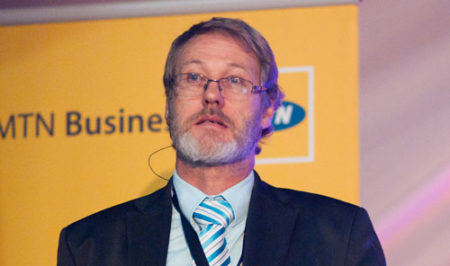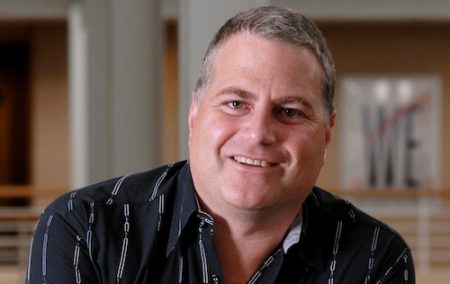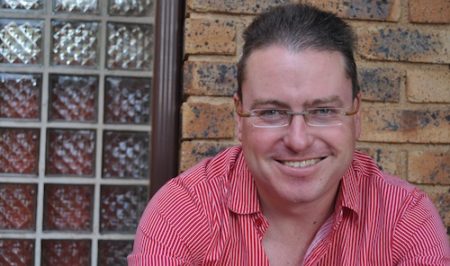The GSM Association, an influential industry body that represents most of the world’s mobile operators, has warned that centralising spectrum decisions in SA’s ministry of communications could result in spectrum being allocated to companies or government agencies that
Browsing: Icasa
The slow pace at which African countries, including SA, are moving to digital terrestrial television could have serious economic implications in the next few years. It could cost the continent significant economic growth. That’s the view of Peter Lyons, director
The department of communications is moving to wrest control over management of SA’s scarce radio frequency spectrum from industry regulator, the Independent Communications Authority of SA (Icasa), a reading of the Electronic Communications
Duncan McLeod and Craig Wilson bring you a bumper and controversial edition of the TalkCentral podcast this week, in which we touch on everything from union opposition to Telkom’s proposed deal with Korea’s KT Corp to smartphone apps in banking and why
Attention was focused on the telecommunications regulator last week as it held three days of public hearings on local-loop unbundling, a process to open up Telkom’s copper-cable access network. But the intervention may be coming too late to matter. Local-loop unbundling is a
The growing portion of total consumer spending that Telkom extracts from fixed-line subscribers for broadband access is “not sustainable”, is “not right” and needs to change, says Internet Solutions (IS) MD Derek Wilcocks. Speaking to TechCentral
Telkom was combative in its presentation at the Independent Communications Authority of SA’s (Icasa’s) public hearings on local-loop unbundling on Wednesday. The company argued that unbundling wouldn’t necessarily help SA achieve its “developmental
Discussions between Telkom and the Independent Communications Authority SA (Icasa) ground to a temporary halt in Sandton on Wednesday after the telecommunications operator adopted an aggressive stance regarding local loop unbundling and
The country’s mobile operators should also be subjected to local-loop unbundling and not only Telkom and its “last-mile” copper access network, MWeb CEO Rudi Jansen told public hearings on the process at the Independent Communications
A Sandton hotel played host to a conference last week on “white-spaces spectrum”. For nontechnical people, it was a fairly arcane discussion. But what was being talked about could usher in the biggest revolution in telecoms since the mobile phone


